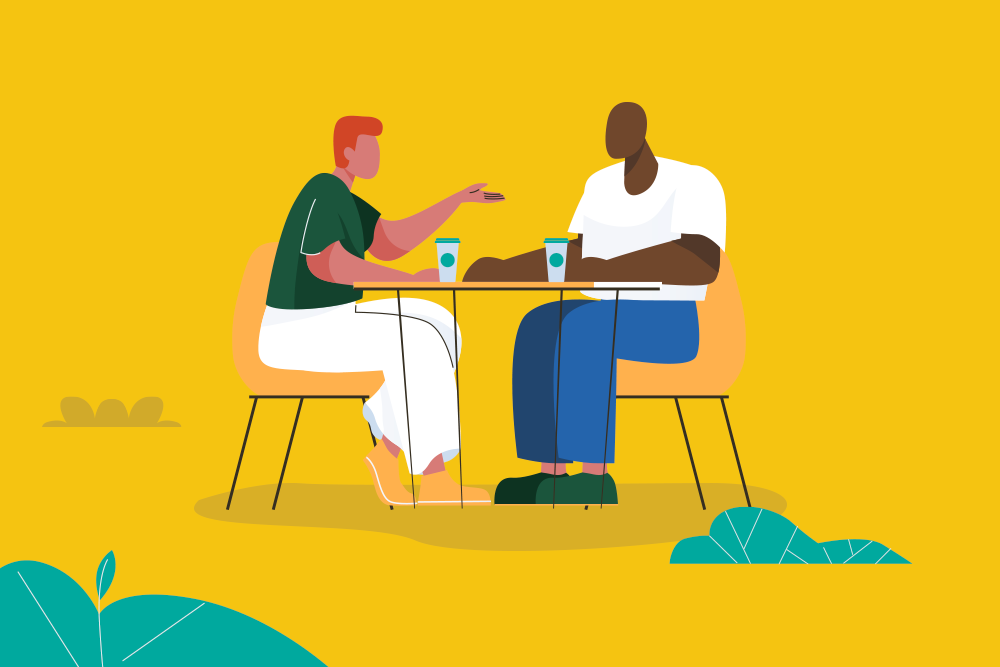How We Help
Challenge Me Mentoring
Trying to engage with education when you are experiencing social, emotional, behavioural and mental health difficulties is a big ask. Yet there are so many young people across the region who are expected to do just that. When they struggle to focus in maths, or can’t self-regulate their emotions in the classroom, education becomes just one more thing in that young person’s life that is ‘against them’. These are the hard-to-reach young people we are passionate about working with.

We know that mentoring is a powerful tool for supporting hard-to-reach young people. It helps them to develop an awareness of identity, builds their resilience, fosters self-respect, and promotes a sense of empowerment.
By tailoring the 12-step Challenging Me programme to each young person, we are able to create a safe, nurturing, non-judgemental space in which our mentors can encourage these young people to recognise and restructure the thoughts and behaviours that are holding them back. We help to tackle the underlying beliefs these young people have about themselves and the world around them. We encourage them to reflect on the relationships that have shaped them, and we support them to become more confident and resilient.
With the 1:1 Challenging Me mentoring programme, we aim to give young people all the tools they need to go on to live authentic, happy and fulfilling lives, believing that what they do and feel matters, and understanding that they have ownership over their own futures.
The Challenging Me programme can be delivered on a 1:1 basis or as a series of targeted workshops to groups of up to 12 young people. To refer a young person to the mentoring programme or discuss our workshop provision, 0161 952 4471 or email info@challenge-me.org.
Details
For: – This course can be delivered for 1:1 or small groups.
Time: Each sessions lasts approximately 2 hours. Frequency & duration of programme is dependent on the needs of each individual.
Location: 1:1 sessions are delivered out in the community. Small group sessions can be delivered on or off-site. If you need us to provide a suitable meeting space, we are happy to do so for an additional charge.
Share this course
